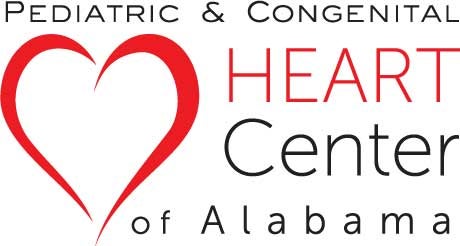American Heart Month
CONGENITAL HEART DISEASE (CHD)
Every February, Children’s of Alabama celebrates American Heart Month, a time to recognize the patients and families who receive care at our nationally ranked heart center, the Pediatric and Congenital Heart Center of Alabama.
“This is a comprehensive heart center, which means any heart problem that your child has, we can take care of it,” said Robert Sorabella, MD, a pediatric cardiothoracic surgeon at Children’s of Alabama. “We have some of the best results in the country.”
The team, made up of more than 300 staff members and 27 board-certified cardiologists, cardiac intensivists, cardiothoracic anesthesiologists, and cardiothoracic surgeons, provides pediatric care for thousands of patients each year. In 2025, the staff performed more than 770 cardiac catheterization and electrophysiology procedures and 450+ cardiac surgeries, including 8 heart transplants and 5 ventricular assist device (VAD) implants. Surgical outcomes remained among the best in the nation, with a greater than 99% survival rate (99.36%) for surgical procedures in 2025.
The center also includes:
- A 20-room CVICU (Cardiovascular Intensive Care Unit), including four dedicated ECMO suites
- A 16-bed CCU (Cardiac Care Unit)
- Two cardiovascular operating rooms
- Two cardiac catheterization laboratories
This “heart hospital within a hospital” represents decades of superior cardiovascular clinical care and research dedicated to children.
Congenital heart defects (CHDs) are conditions that are present at birth and can affect the structure of a baby’s heart and how it works. These abnormalities occur when the heart or blood vessels do not form correctly in utero. Some defects are identified at birth; others don’t show signs until children are older. In the United States, nearly 40,000 babies are born with a heart defect each year. Survival of infants with CHD and other congenital defects depends on how severe the defect is, when it is diagnosed, and how it is treated.
“The way I see it, no one ever wants to come see us,” said Sorabella. “We understand that, but we should all have the comfort of knowing that we are here 24 hours a day, 7 days a week, 365 days a year to save a child’s life.”
Children’s is a leader in the treatment of CHDs. U.S. News & World Report has ranked Children’s as one of the top 25 centers in the United States for pediatric cardiac care.
Throughout February, Children’s is raising awareness about CHDs and promoting the work done by the medical team at the Pediatric and Congenital Heart Center of Alabama.
Events and Promotions:
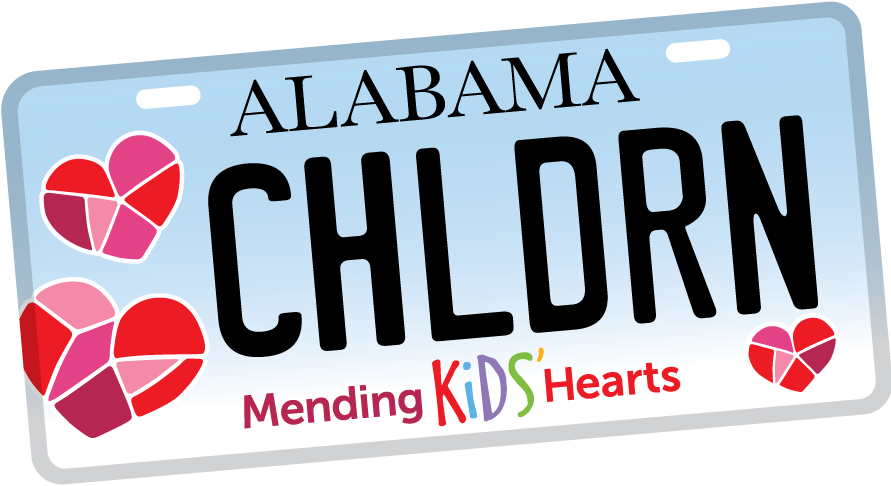 The Mending Kids’ Hearts Specialty Car Tag- Alabama residents can purchase or renew a specialty car tag. Proceeds from this car tag provide valuable funds for patient care, research and specialized physician training for the Pediatric and Congenital Heart Center of Alabama. The tag can be purchased at any Alabama Department of Motor Vehicle location for $50 in addition to your normal tag cost. $41.25 of the $50 will go to Children’s. For more information, visit www.childrensal.org/childrens-specialty-car-tags
The Mending Kids’ Hearts Specialty Car Tag- Alabama residents can purchase or renew a specialty car tag. Proceeds from this car tag provide valuable funds for patient care, research and specialized physician training for the Pediatric and Congenital Heart Center of Alabama. The tag can be purchased at any Alabama Department of Motor Vehicle location for $50 in addition to your normal tag cost. $41.25 of the $50 will go to Children’s. For more information, visit www.childrensal.org/childrens-specialty-car-tags
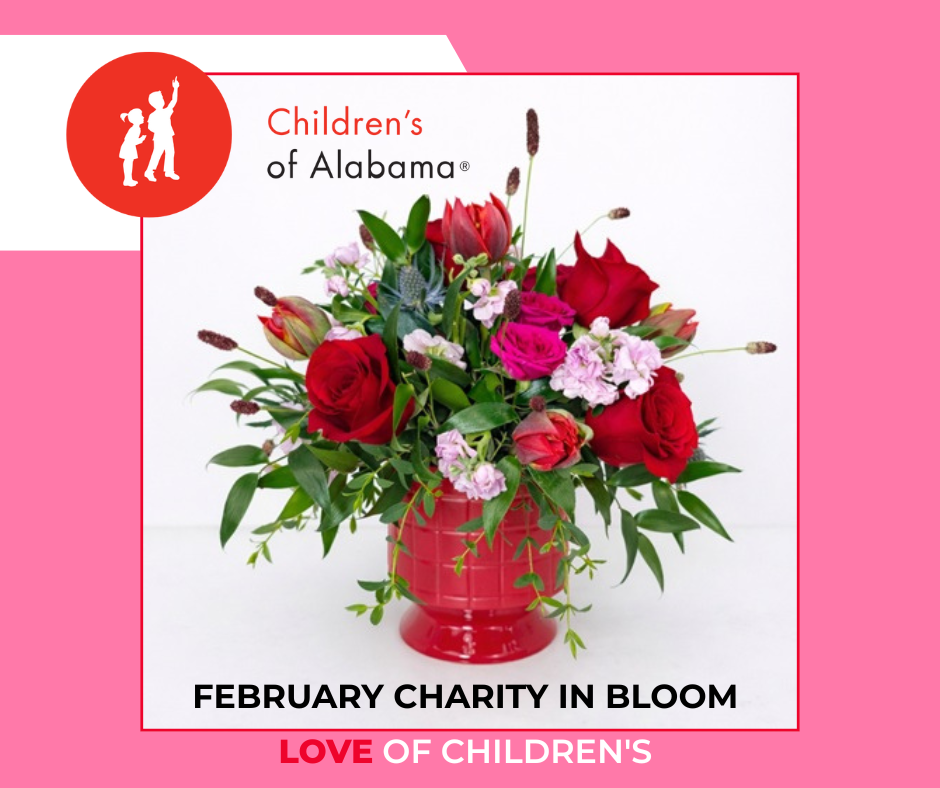 This Heart Month, share the love in more ways than one!
This Heart Month, share the love in more ways than one!
When you purchase the "Love for Children's" arrangement from Dorothy McDaniel’s Flower Market, 20% of your purchase will go directly to support Children's of Alabama.
Shop Now
Donate to Pediatric & Congenital Heart Center of Alabama
PATIENT STORIES
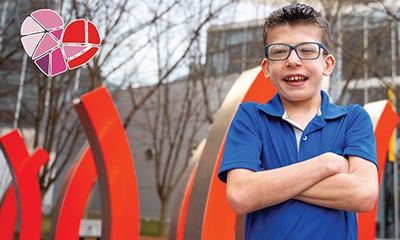
Vayden McAllister
Tetralogy of Fallot, Pulmonary atresia, DiGeorge Syndrome
Vayden McAllister has spent more time in hospital rooms than most children spend on playgrounds....
Vayden's story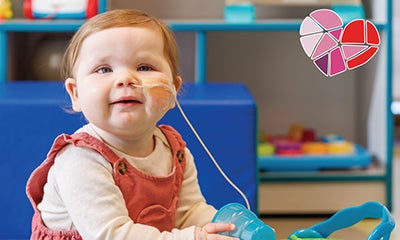
Ivey Raper
Atrioventricular (AV) canal defect and pulmonary atresia
Ivey Raper's journey with Children's of Alabama began before she was born...
Ivey's story